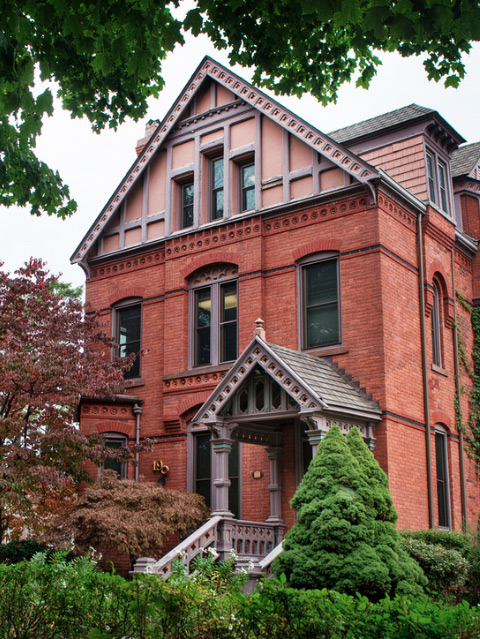
No one can defy the inevitable aging process. As parents, grandparents and other loved ones mature in age, it can become increasingly difficult to provide the care they need. Many families turn to nursing homes to entrust their loved ones, too. But before pursuing that option, have you thought to ask, “How safe is my family member in a Connecticut nursing home?”
The Flood Law Firm understands the apprehension that comes with putting a loved one’s safety into the hands of a practical stranger. If you or someone you know has experienced abuse in a nursing home, we want to hear from you. Contact us today by calling (860)-346-2695.
What Qualifies as Nursing Home Abuse?
As of November 2016, according to CT Watchdog, the Department of Public Health (DPH) has fined four Connecticut nursing homes for various violations. Most violations centered on injuries caused to residents. Unfortunately, nursing home abuse not only exists, but it exists in many different forms. But what exactly constitutes nursing home abuse?
The following are 4 types of nursing home abuse to look out for when doing your research.
4 Types of Nursing Home Abuse
Physical Abuse
This type of abuse occurs when physical force is used to harm a patient. There are various types of physical abuse, such as hitting, scratching, shoving, biting and inappropriate use of restraints. Unlike other types of abuse, it can sometimes be easier to prove physical abuse, due to the unexplained or suspicious appearance of bruises, lacerations or other injuries.
Emotional Abuse
When a caregiver or other individual causes emotional distress within a victim, it’s considered emotional abuse. Types of this abuse include ridicule and humiliation, intimidation, demeaning behavior, terrorizing or ignoring the elderly resident.
Sexual Abuse
An elderly patient is believed to be sexually abused when he or she is met with non-consensual sexual contact. This type of abuse also frequently incorporates forms of physical and emotional abuse. If an elderly patient is sexually abused, he or she may be assaulted, tricked, coerced, manipulated or forced into the act by caregivers or fellow residents.
Financial Abuse
A form of financial abuse is when money or personal property is stolen from an elderly patient. This type of abuse also occurs when a caregiver or other individual tricks or pressures the resident into divulging certain information, such as bank account or credit card numbers.
How to Prevent Nursing Home Abuse
Though it may not always be possible to prevent nursing home abuse, there are ways to spot it. If you report what you see, the chances of it happening again are unlikely. It’s also believed that the more an elderly patient is visited by family, friends and other loved ones, the lesser the chances are that he or she will be neglected or abused.
During these visits, don’t be afraid to ask questions and get to know the family member’s caregiver. Doing so can help ensure that appropriate measures are being taken to provide better care for your loved one, and that their specific needs are continuously met.
Remember, if you see or suspect nursing home abuse, speak up!
Contact a Nursing Home Abuse Attorney
At The Flood Law Firm, we have decades of combined experience helping those who have witnessed or been the victim of nursing home abuse. If you or a loved one has faced a situation similar to the ones described in this article, we want to hear from you.
Contact us today at (806)-346-2695. We offer confidential and free, with no-obligation case evaluations.
